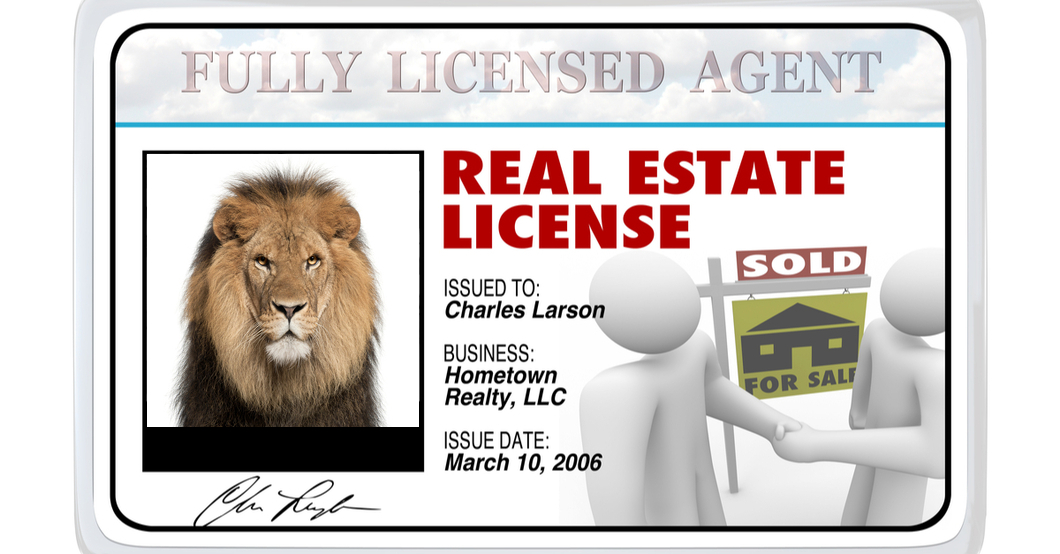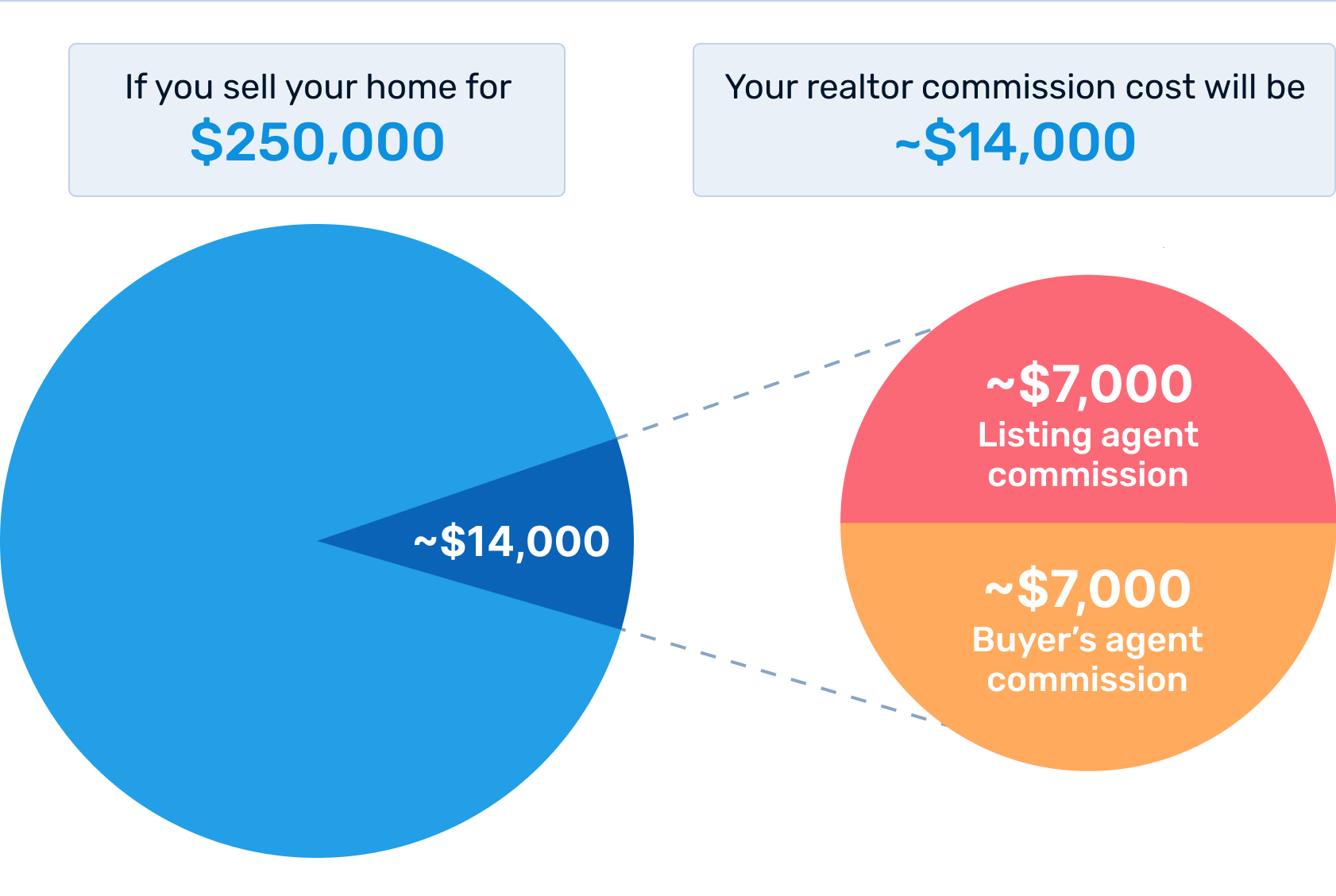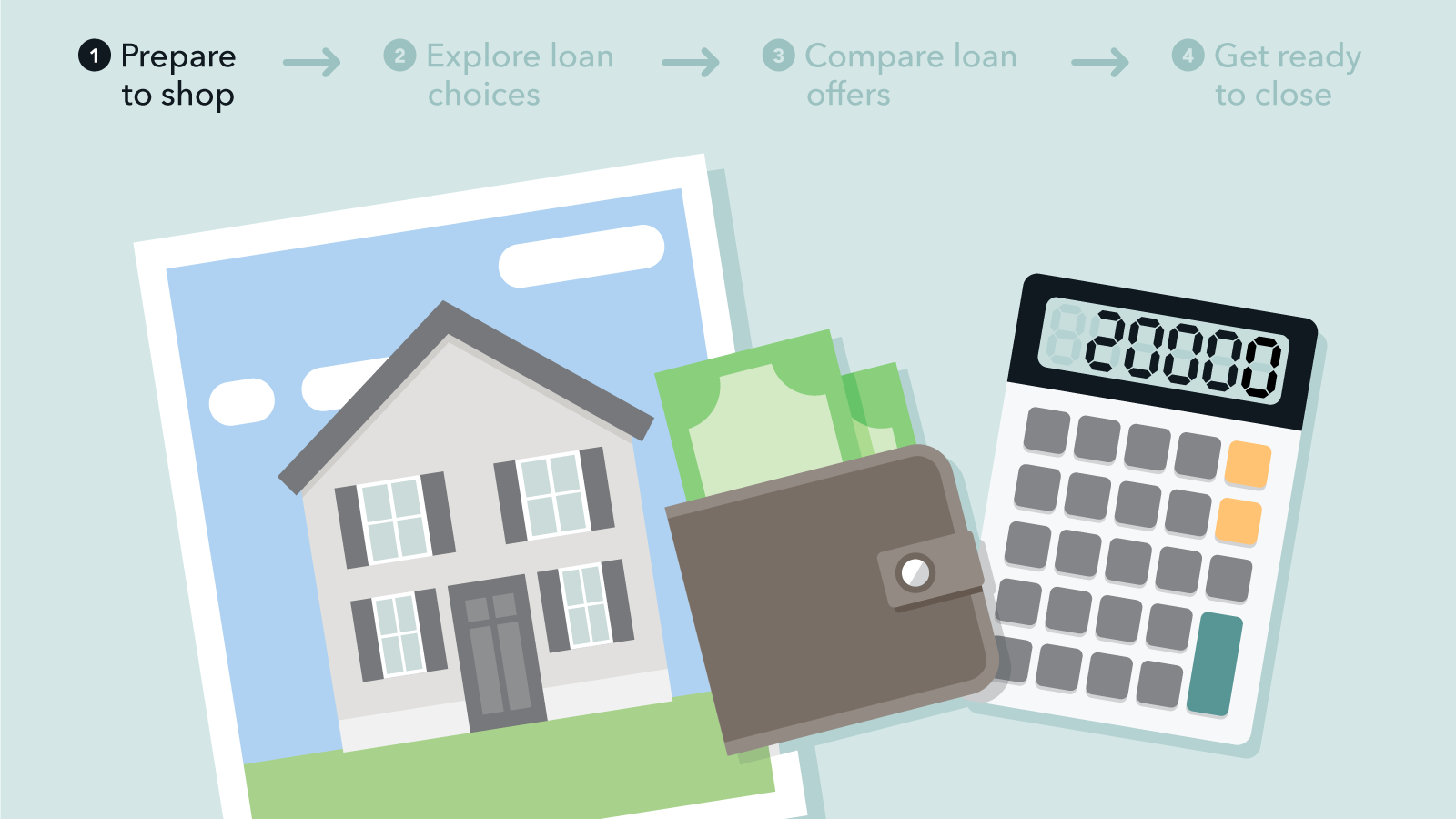
A home loan application is an important step in buying a house. It allows you to determine what type of mortgage is possible and gives you the confidence necessary to start looking for a house.
Lenders look at your credit score and financial history before granting you a mortgage. They also look at your income, assets and debts to determine whether you can repay the loan on time.
You can speed up the mortgage loan processing by getting all of your documents in order and making sure you submit them to your lender on time. If your application is delayed, you may lose out on the home of your dreams.
Preapproval letters from lenders will let you know how much money your lender can lend and how much home you can afford. This can give you an advantage over your competition and help negotiate with sellers. It also shows that you're serious about buying a home.

There are many steps to the mortgage process, which can sometimes feel overwhelming. It will be easier if you take the time and learn about each step.
Your broker or loan officer will help you navigate the process of getting a home loan and walk you through each step. So that you are prepared for each stage, they will give you a timeline.
After you submit your loan application, your broker or loan officer sends you a Good Faith Estimate(GFE) as well as a Truth-in-Lending ("TIL") document. These documents will outline the terms of your mortgage loan. These documents should be read carefully in order to confirm that you have agreed to the correct loan program and mortgage loan.
Compare your GFE with other loans and find the best deal. Your lender may also offer special programs for people like you.
This is an excellent way to save money. Because the higher the mortgage loan rate, you will pay less in interest over the loan's term, it is also a great option. If the economy is in decline, locking your rate is a smart move.

The closing of your home is often the final step in the mortgage loan application process. This is when your closing agent or title company will sign the paperwork.
Your lender will hire an appraiser to assess the property's value. This appraisal will help you get a mortgage approved by your lender.
The type of mortgage that you are applying for may require additional steps such as title work or a home inspection. This process can take up to a few days. Be sure to discuss your schedule with your lender and any issues you are having.
FAQ
How long does it take for my house to be sold?
It depends on many different factors, including the condition of your home, the number of similar homes currently listed for sale, the overall demand for homes in your area, the local housing market conditions, etc. It can take from 7 days up to 90 days depending on these variables.
Should I rent or purchase a condo?
Renting is a great option if you are only planning to live in your condo for a short time. Renting lets you save on maintenance fees as well as other monthly fees. The condo you buy gives you the right to use the unit. You are free to make use of the space as you wish.
What should I look out for in a mortgage broker
People who aren't eligible for traditional mortgages can be helped by a mortgage broker. They compare deals from different lenders in order to find the best deal for their clients. This service is offered by some brokers at a charge. Others provide free services.
What flood insurance do I need?
Flood Insurance covers flood damage. Flood insurance protects your possessions and your mortgage payments. Find out more information on flood insurance.
What amount should I save to buy a house?
It depends on how long you plan to live there. Save now if the goal is to stay for at most five years. But, if your goal is to move within the next two-years, you don’t have to be too concerned.
What are the drawbacks of a fixed rate mortgage?
Fixed-rate loans have higher initial fees than adjustable-rate ones. If you decide to sell your house before the term ends, the difference between the sale price of your home and the outstanding balance could result in a significant loss.
Statistics
- Over the past year, mortgage rates have hovered between 3.9 and 4.5 percent—a less significant increase. (fortunebuilders.com)
- This means that all of your housing-related expenses each month do not exceed 43% of your monthly income. (fortunebuilders.com)
- This seems to be a more popular trend as the U.S. Census Bureau reports the homeownership rate was around 65% last year. (fortunebuilders.com)
- When it came to buying a home in 2015, experts predicted that mortgage rates would surpass five percent, yet interest rates remained below four percent. (fortunebuilders.com)
- 10 years ago, homeownership was nearly 70%. (fortunebuilders.com)
External Links
How To
How to become a broker of real estate
To become a real estate agent, the first step is to take an introductory class. Here you will learn everything about the industry.
Next, you will need to pass a qualifying exam which tests your knowledge about the subject. This requires you to study for at least two hours per day for a period of three months.
After passing the exam, you can take the final one. In order to become a real estate agent, your score must be at least 80%.
All these exams must be passed before you can become a licensed real estate agent.